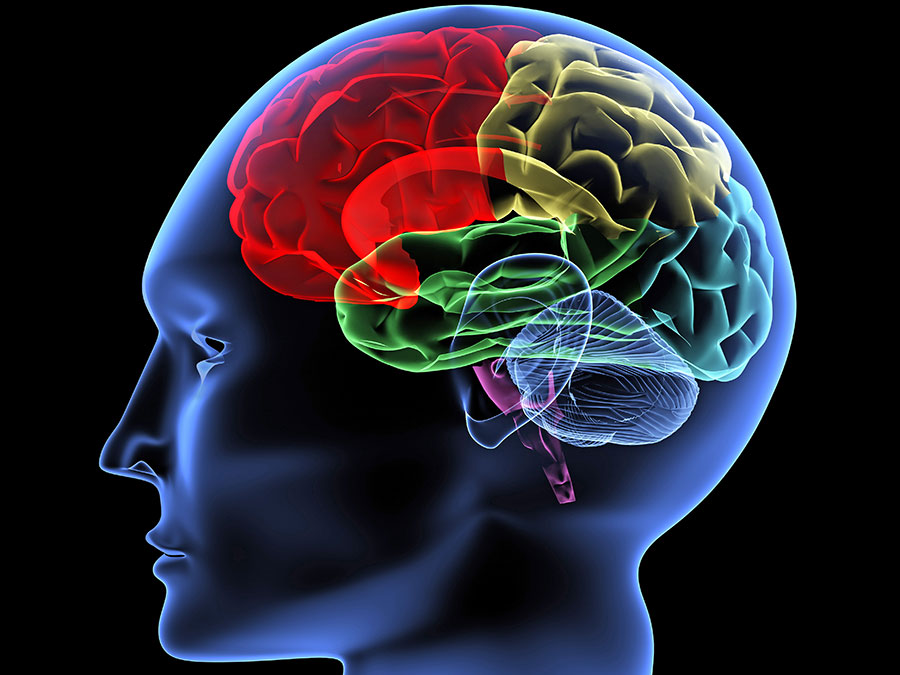By Emma Bascom
Physical activity was associated with improvements in mental health conditions compared with usual care, and primary care physicians should discuss the benefits of it with their patients, according to researchers.
Ben Singh, PhD, a research fellow at the University of South Australia, and colleagues conducted an umbrella review to synthesize the evidence on the impacts of physical activity on symptoms of anxiety, depression and psychological distress among adults.
Read the full story in Healio.


